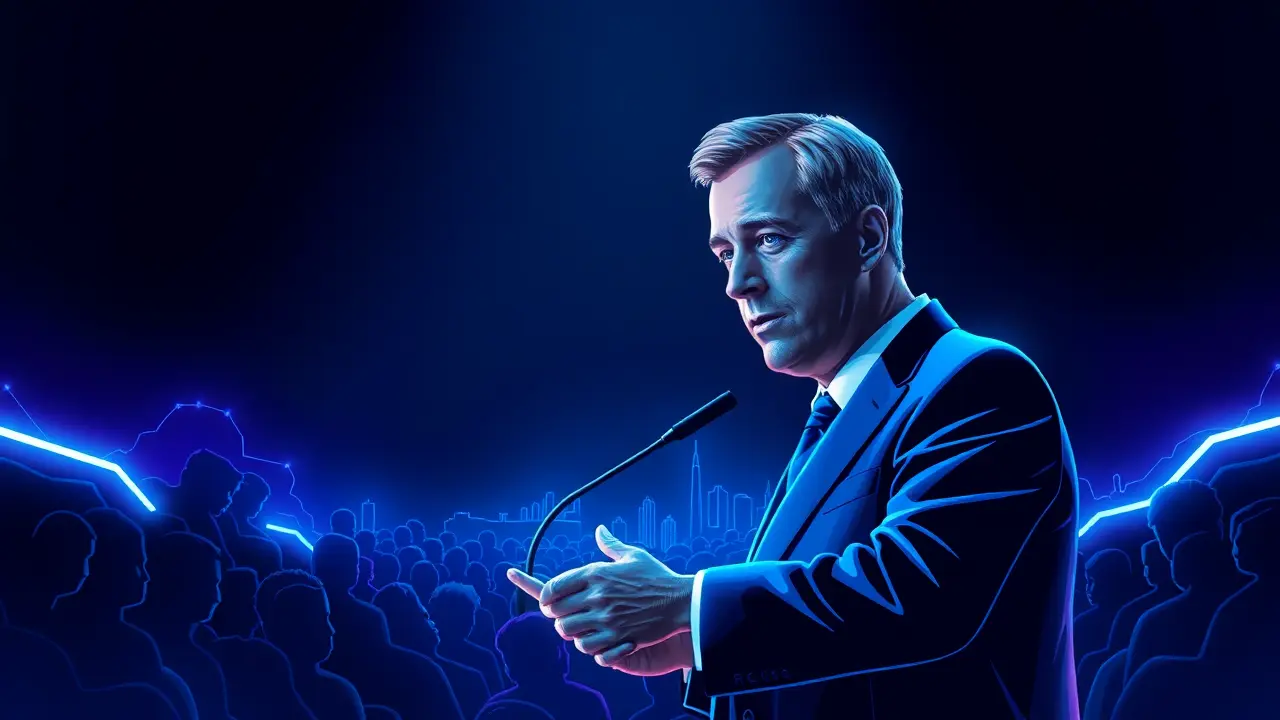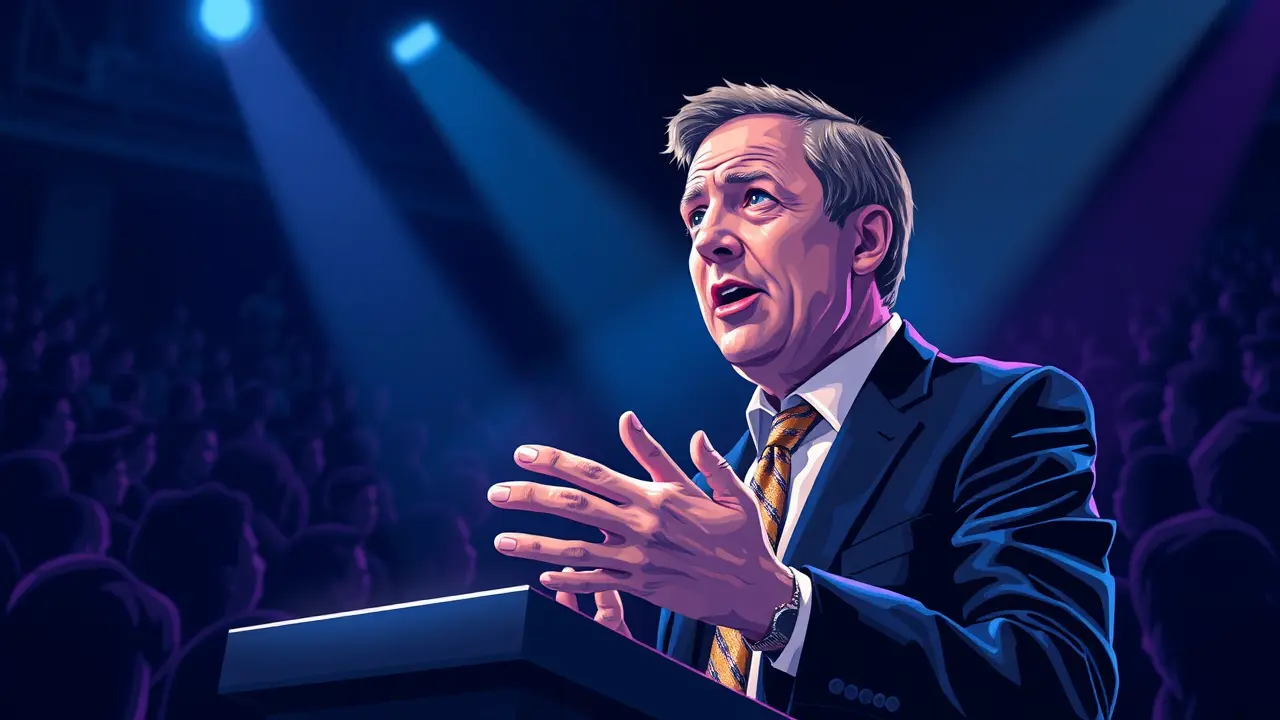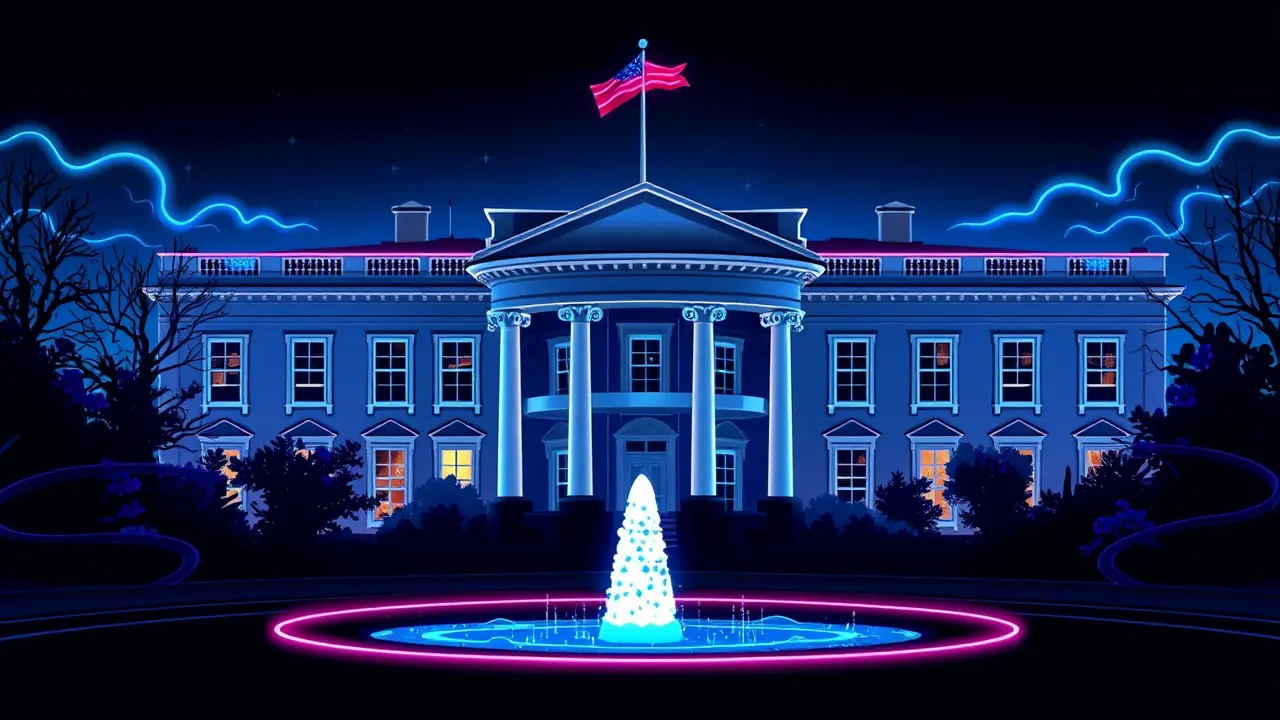
Politicshuman rightsLGBTQ+ Rights
Phillipson calls for ‘less public debate’ from EHRC on gender recognition rules
AN
Anna Wright
7 hours ago7 min read
In a striking intervention that reveals the deepening tensions between government and its own regulatory bodies, Equalities Minister Bridget Phillipson has publicly urged the Equality and Human Rights Commission (EHRC) to engage in ‘less public debate’ and focus more directly on supporting ministerial work, a reprimand that follows the watchdog’s unusually forthright call for the government to approve new statutory guidance on transgender rights ‘as soon as possible. ’ This clash isn't merely bureaucratic; it's a profound moment in the ongoing struggle over gender recognition in the UK, exposing the fragile balance between independent oversight and executive control.Phillipson, who uniquely holds the dual portfolios of education secretary and equalities minister, finds herself at the epicenter of a political and social firestorm, her comments representing a clear attempt to manage the narrative and pace of reform after the Supreme Court’s landmark ruling on transgender rights created a legal and ethical imperative for updated guidance. The EHRC’s public push for speed was a departure from its typically more reserved role, signaling a level of urgency and perhaps frustration with the government’s deliberative pace that it felt compelled to express in the open.This dynamic echoes historical tensions where feminist principles of accountability and transparent governance collide with the political pragmatism of managing highly polarized public debates. The personal impact of such a high-stakes delay is immense, leaving transgender individuals and the organizations that support them in a state of prolonged uncertainty, their legal protections and social dignity hanging in the balance of inter-departmental wrangling.By framing the EHRC's public stance as an unhelpful debate rather than a necessary accountability mechanism, Phillipson’s approach risks being perceived as an effort to sideline a vital independent voice on a matter of fundamental human rights, a move that critics will argue prioritizes political convenience over the lived experiences of a marginalized community. The subtext here is a battle over who controls the timeline and tenor of social change—a government managing complex political coalitions or an independent body mandated to protect equality without fear or favor.
#lead focus news
#Bridget Phillipson
#EHRC
#gender recognition
#transgender rights
#government guidance
#supreme court ruling
Stay Informed. Act Smarter.
Get weekly highlights, major headlines, and expert insights — then put your knowledge to work in our live prediction markets.
Related News
© 2025 Outpoll Service LTD. All rights reserved.








